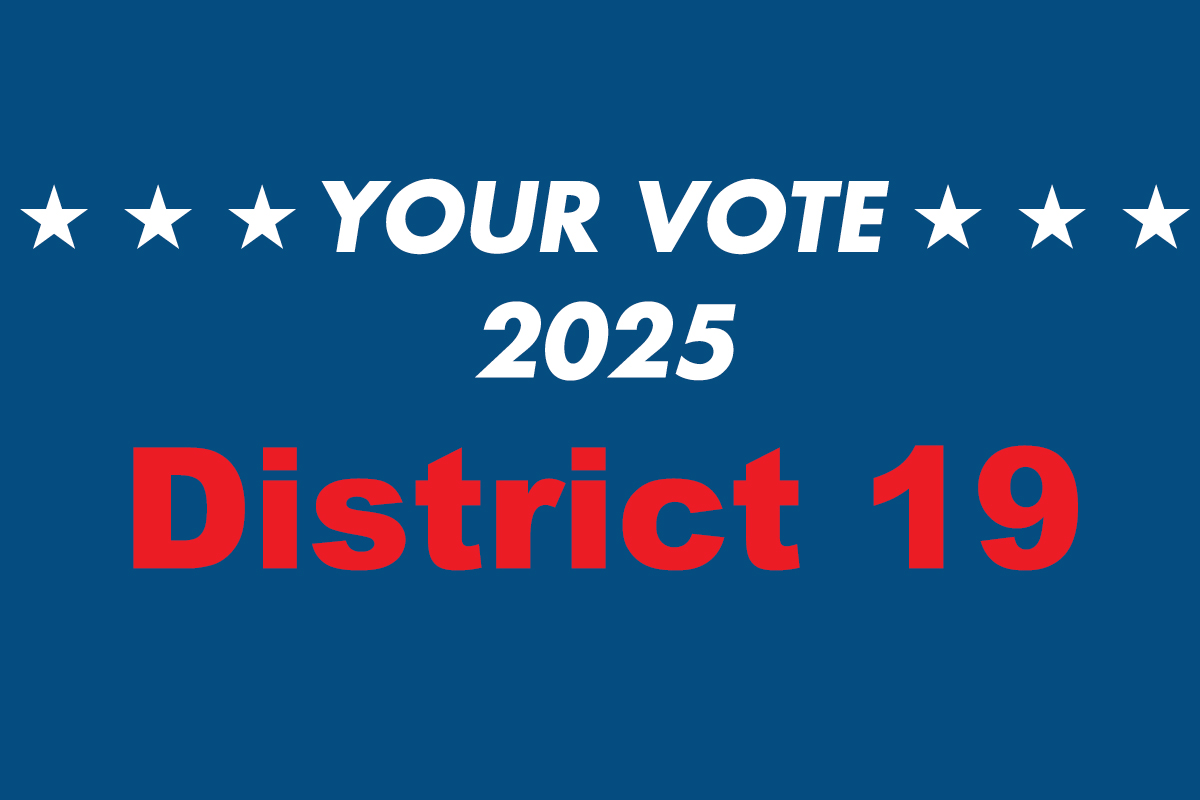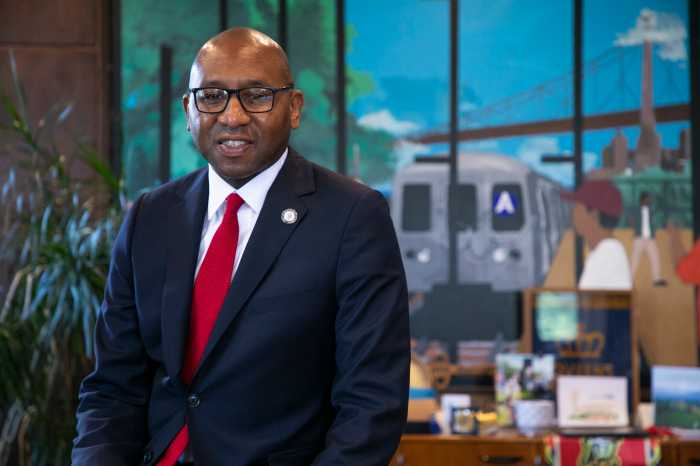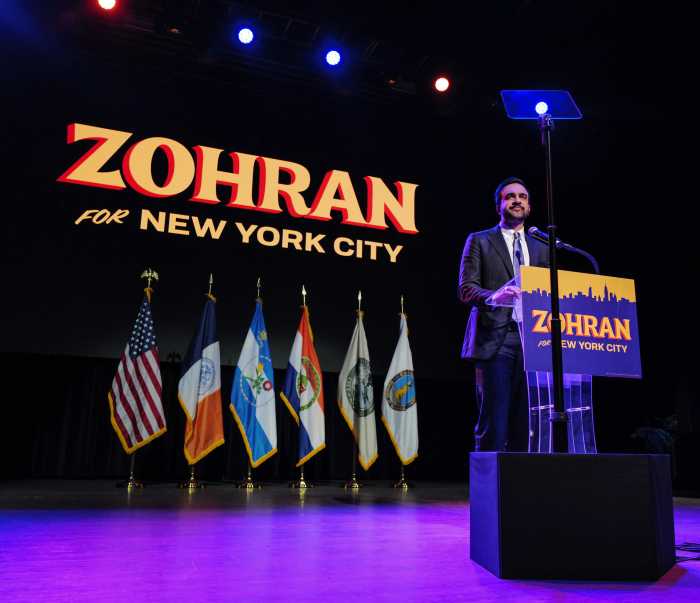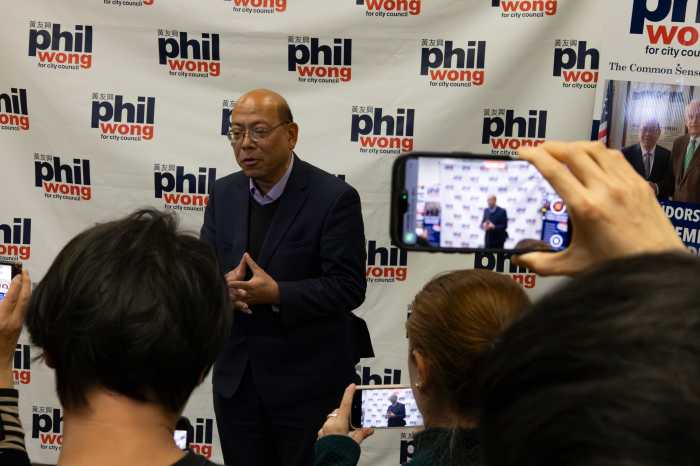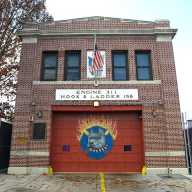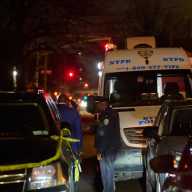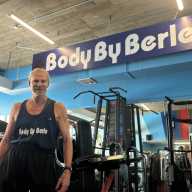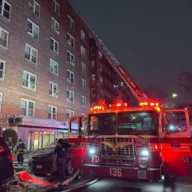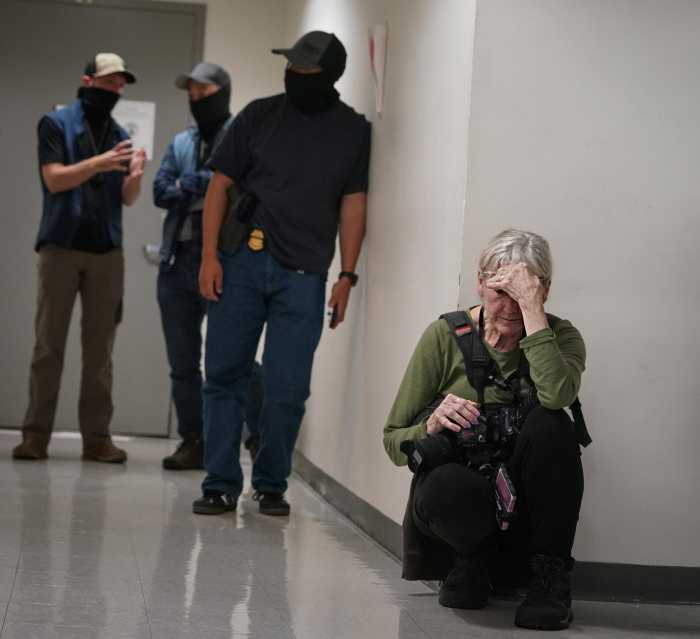Sponsored by AARP
This week, the news team spoke with city council candidates for District 19, Ben Chou and incumbent Vickie Paladino, to discuss digital connectivity.
Q: Access to high-speed internet is increasingly necessary for telehealth, online social connections, and accessing essential services. However, approximately 27% of New York City households (around 730,000 homes) lacked a broadband internet subscription as of December 2024. What will you do to expand affordable high-speed internet access for older New Yorkers?
Paladino: First and foremost, we have to better understand what’s behind those numbers. Are we dealing with households who lack broadband because they cannot afford it, or because they just don’t want it? If it’s the former, there are programs in place to deliver access to broadband services to low-income households, particularly households with school-age children who require access for their learning.
Chou: This is why we need a “no wrong door” framework where older adults can access essential services, no matter where they turn first. Whether they call 311, walk into a senior center, visit a community nonprofit, or even stop by a library, they should be seamlessly connected through the Department for the Aging’s case management system. And we can’t forget how important our libraries are as community hubs that also play a vital role keeping our seniors connected.
Q: What policies or programs are in place or being developed to improve digital access and literacy among older residents, ensuring they can stay connected and access essential services online?
Paladino: I think this is really the wrong way to go. We’re not going to ‘teach digital literacy’ in any meaningful way to older people who’ve never had a need for it before, and the city has a responsibility to continue to provide for seniors in a manner they’re used to and can navigate using the skills they already have. As digitally literate generations age into retirement (and that’s happening more quickly than we realize) more and more digital services for seniors will become the standard. We’ll get there soon enough. But we cannot and should not expect an 80 year old who’s never had much use for technology to suddenly learn to navigate online city services. Our responsibility is to meet these people where they are and continue to provide services in whatever way they’re comfortable with.
Chou: One of the most promising programs helping older adults bridge the digital divide is the Neighborhood Tech Help pilot, a partnership between the City, the Department for the Aging, and our public libraries. It’s been a real success, offering one-on-one digital support at older adult centers, affordable housing sites, and libraries. Seniors get help setting up devices, learning to use telehealth, avoiding scams, and staying connected to friends and family online. I want to bring that same success to Northeast Queens.
Q:What steps are being taken to ensure that city services, healthcare, and social programs are accessible to seniors through digital platforms, especially for those with limited technology experience?
Paladino: As a senior myself, and someone who works closely with senior centers, I find this push to force seniors into new technology to be insensitive. I can tell you that digital services have a place with caregivers, but we cannot and should not expect most seniors themselves to learn new technologies.
Chou: Accessibility isn’t just about technology, it’s about meeting people where they are and making sure no one is left behind as more services move online. That’s why we need to build on the “no wrong door” approach: wherever a senior turns for help — a library, senior center, local nonprofit, or 311 — they should be guided to the right support. By coordinating across agencies and community partners, we can make essential services truly accessible to everyone, regardless of their comfort level with technology.

